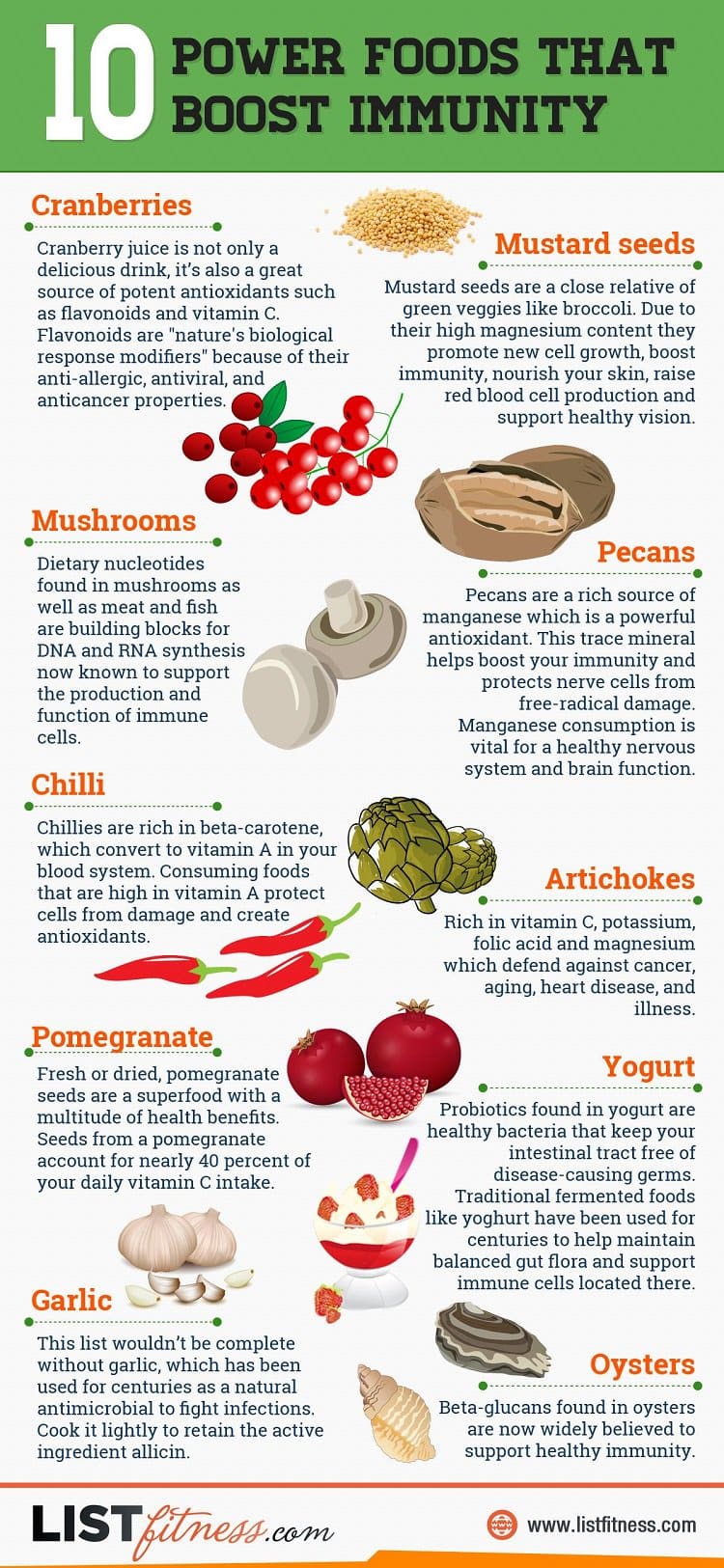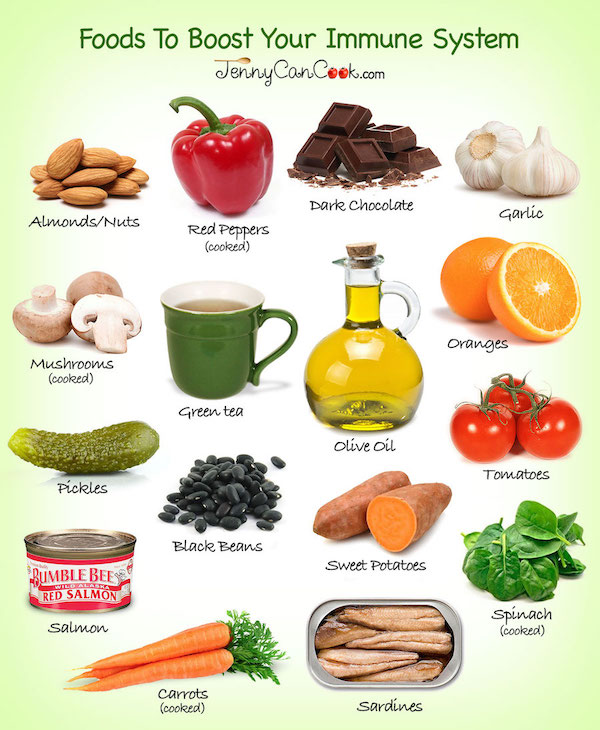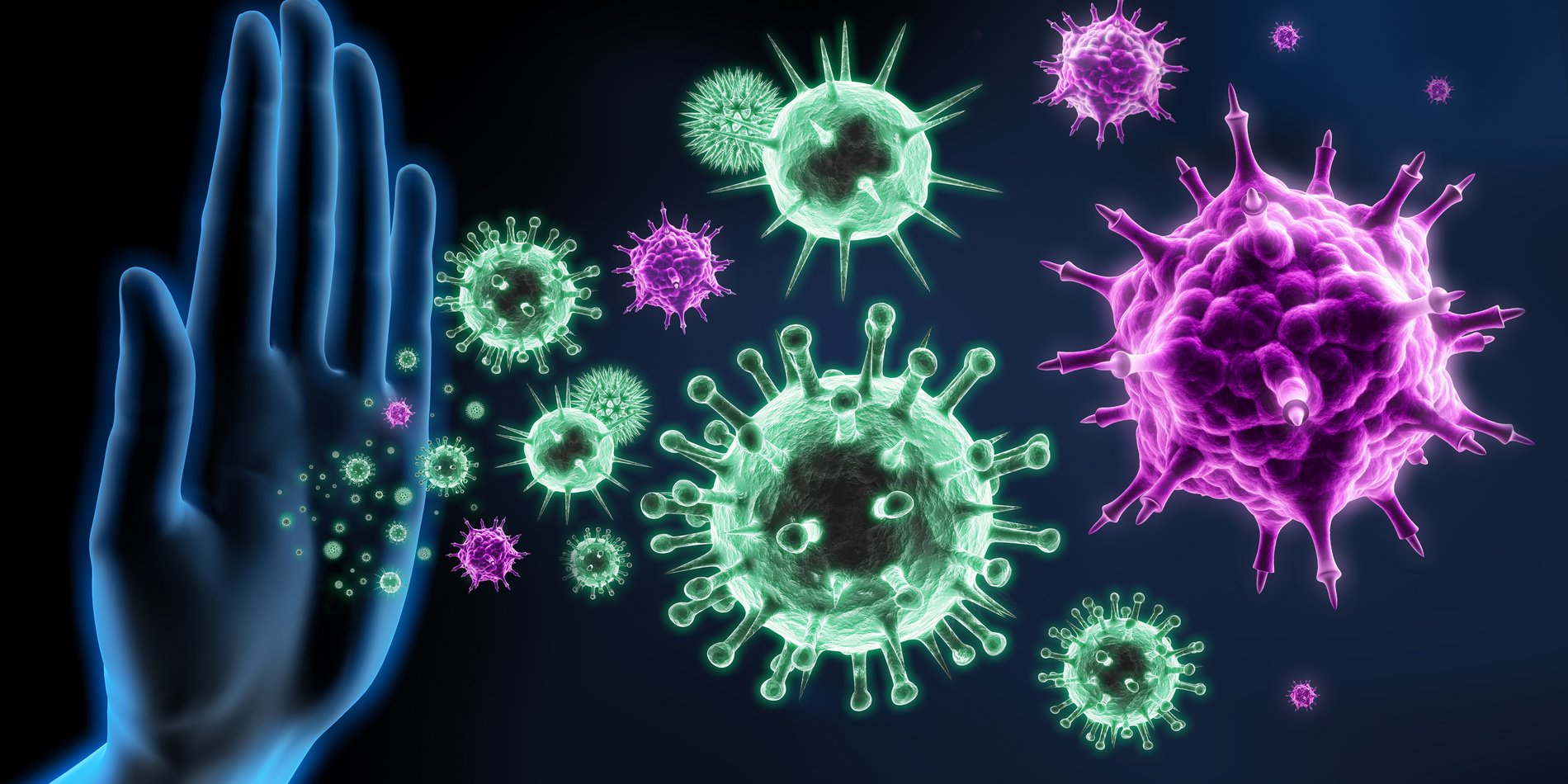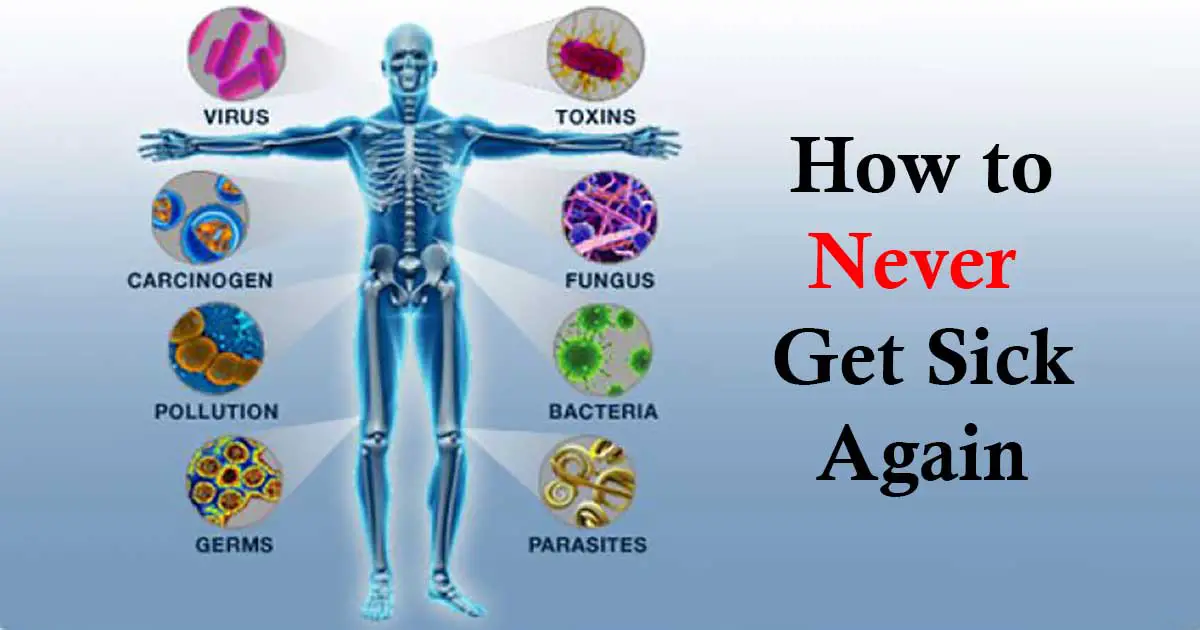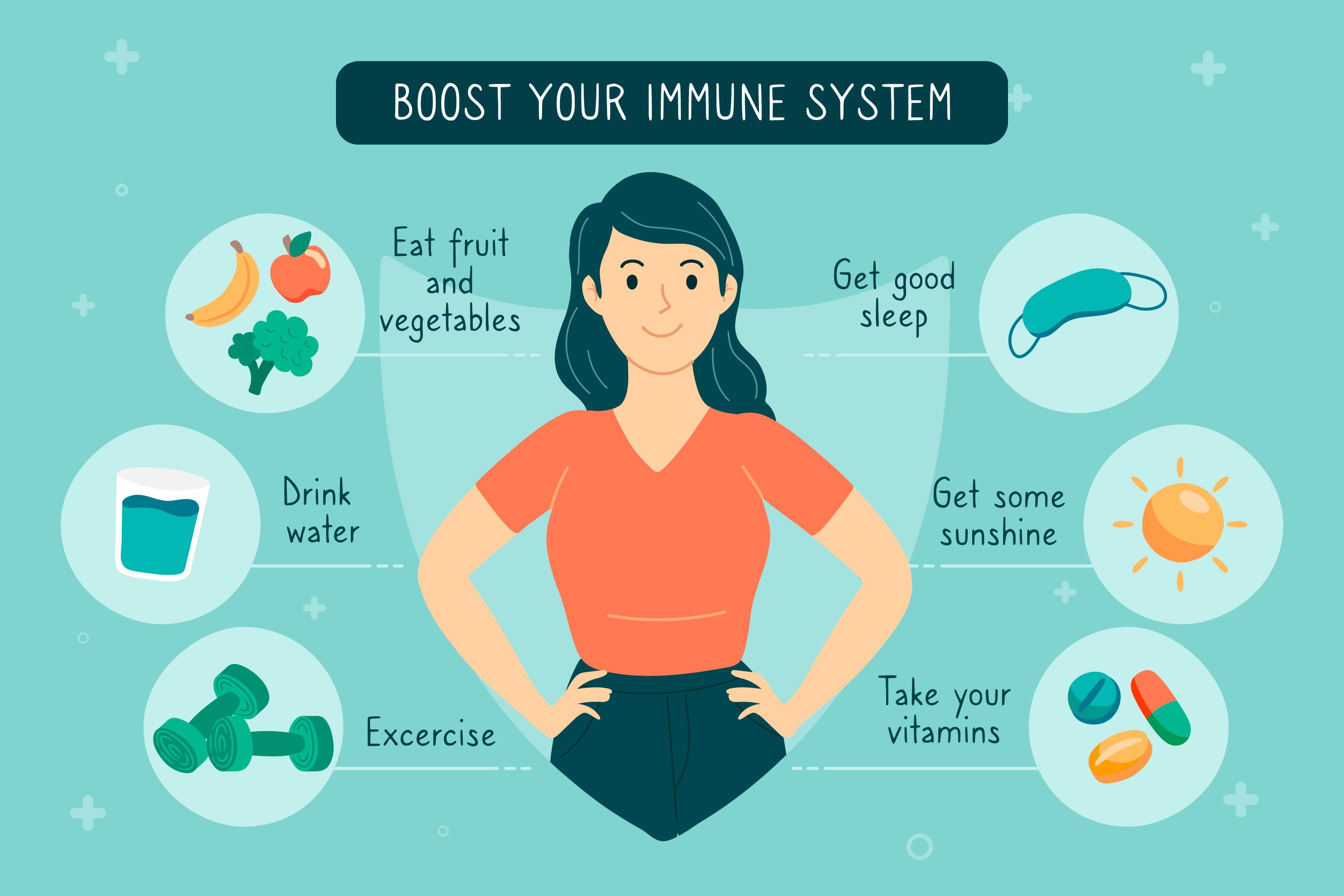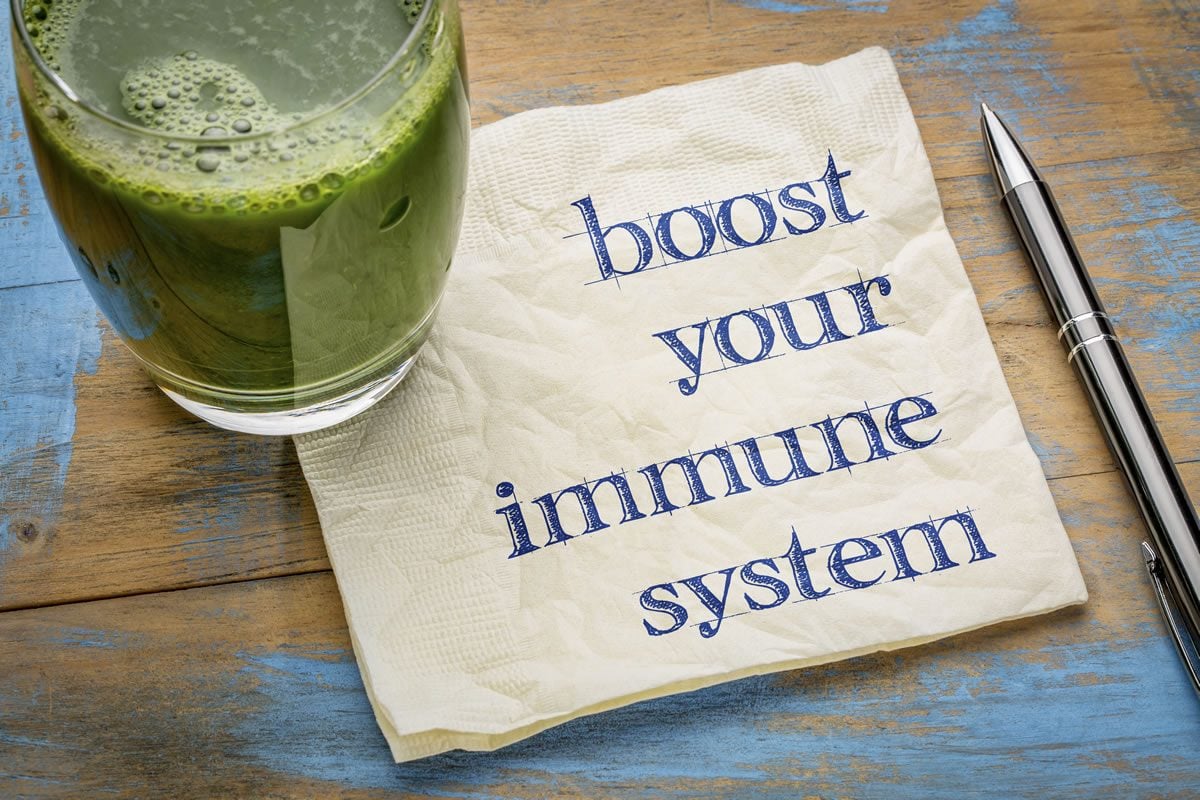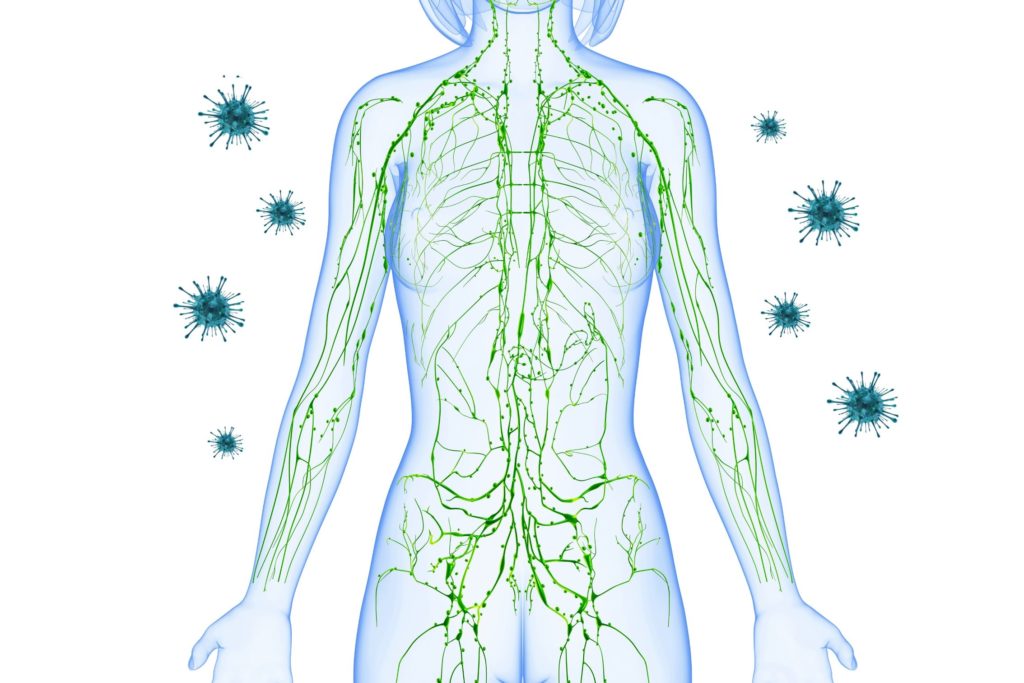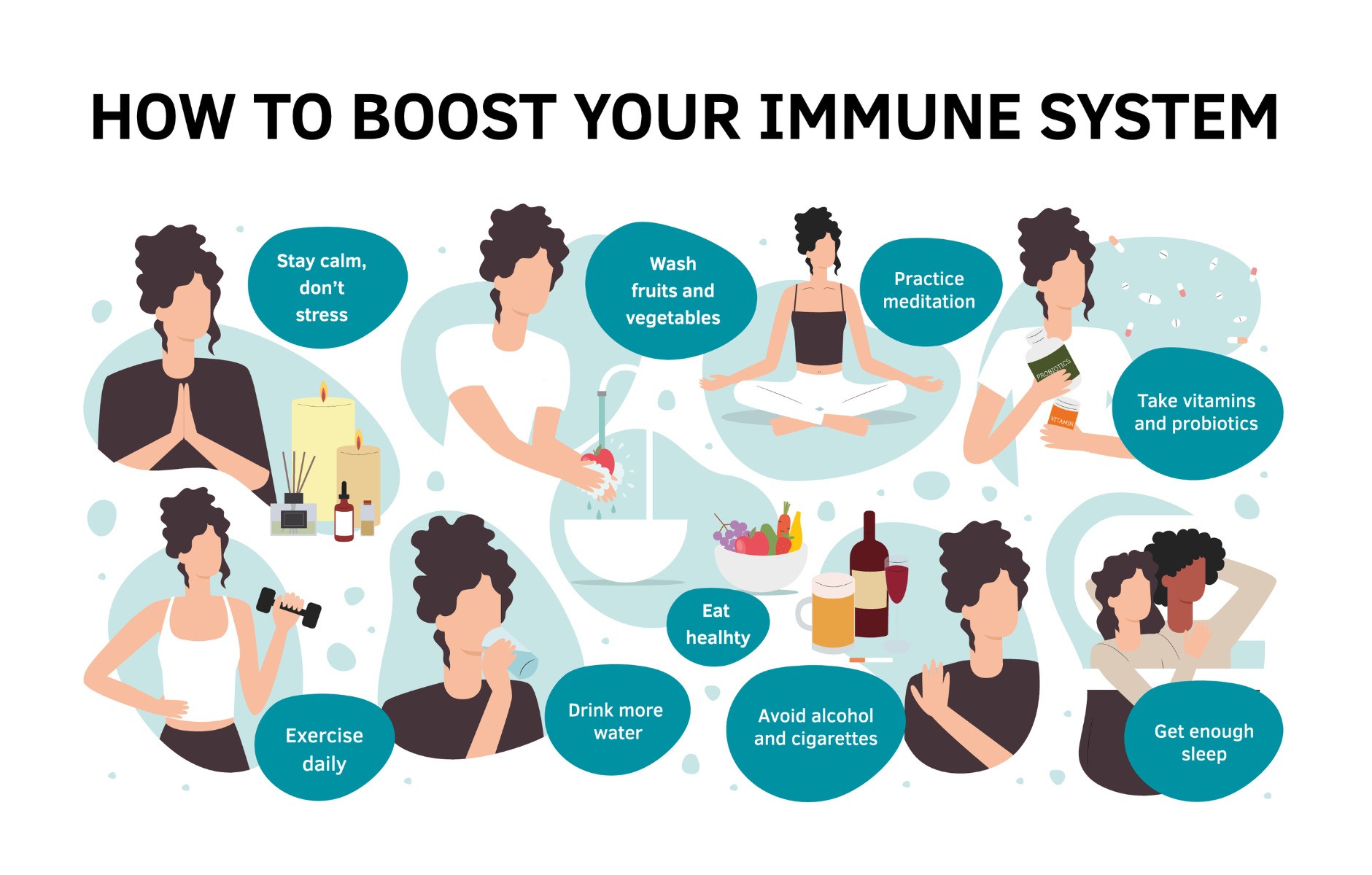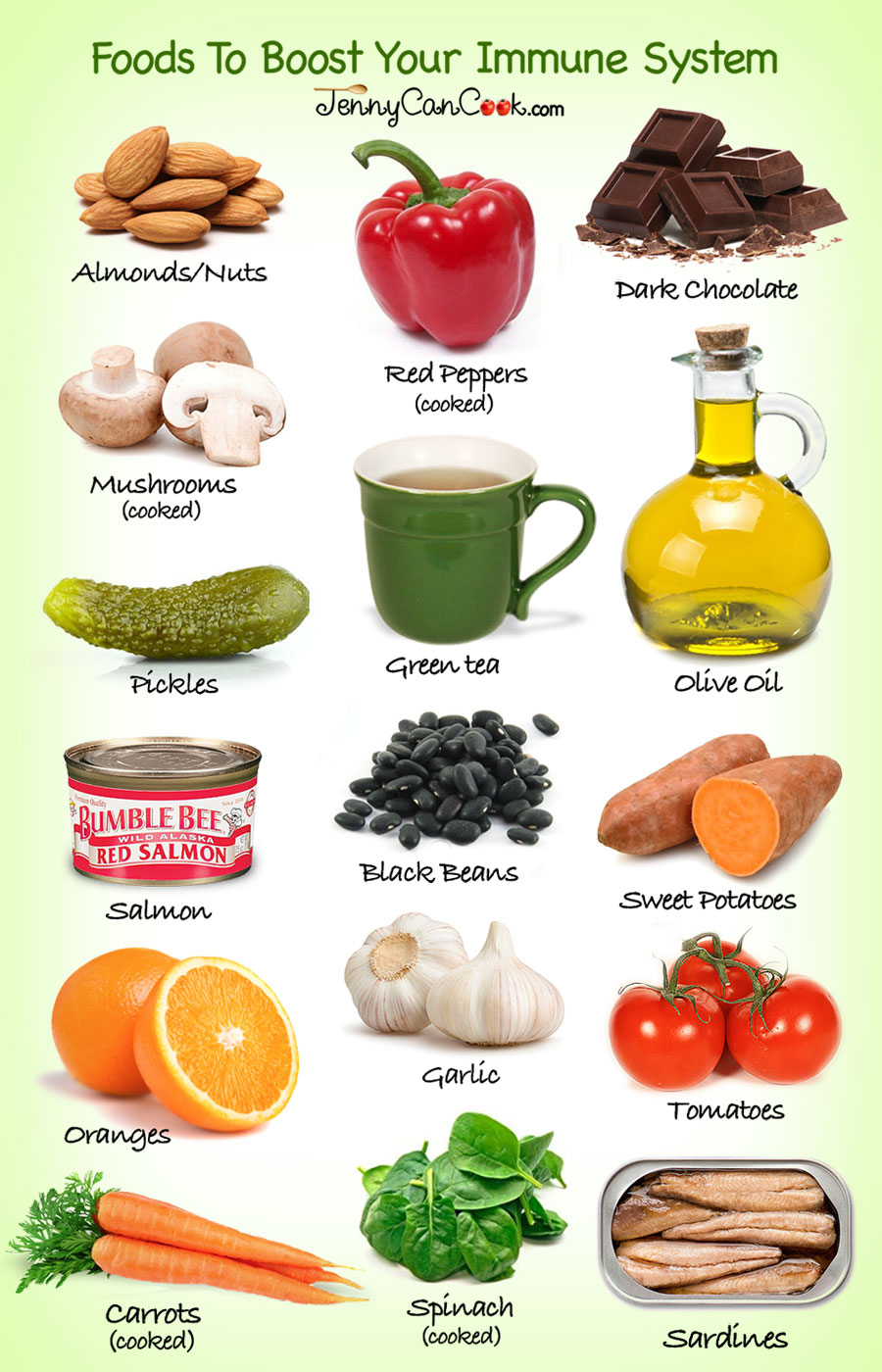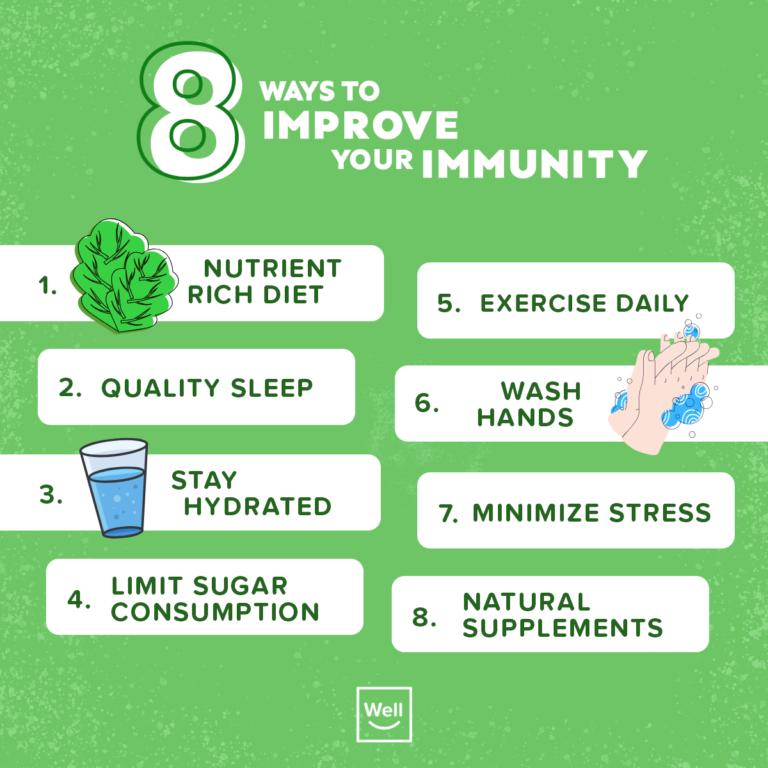Divine Info About How To Increase Body Immune System

If you don't have access to soap and water, a hand sanitizer can help (unless your skin is.
How to increase body immune system. The following foods may help to boost the immune system: When it comes to improving your immune response, getting the covid vaccine and booster shot, along with other recommended vaccinations, is best. Getting enough in the uk during.
Wash for at least 20 seconds. How to boost it and lower your immune age | new scientist health the immune system: Incorporate physical activity each day regular exercise lowers your risk of developing chronic diseases (like obesity , type 2 diabetes, and heart disease ), as well.
Water plays many important roles in your body, including supporting your immune system. Each exercise session improves your immune function immediately afterward, so frequent workouts are the best way to keep your immune system working at a high level. The immune system:
Choosing foods with the right vitamins can help you build up your immune system. Eating well and sleeping, while reducing stress and trying to stay physically active, says dr.
These boosters encompass a range of approaches, including vaccines, nutritious foods, supplements, and lifestyle habits. Immune boosters can support your. Blueberries blueberries have antioxidant properties that may boost the immune system.
How to boost it and lower your immune age 29. Use soap and clean, running water. Here are five such foods that can help boost your health and immunity.
Shellfish oysters, in particular, are a nutritional powerhouse, packed with zinc along with. Drinking plenty of water can help flush toxins from your body and keep your immune system functioning properly. Stock up on vitamin d.
May give the immune system a boost in. Find out how it works, what can go wrong, and how to. Some additional ways you can strengthen your immune system are eating well, being physically active, maintaining a healthy weight, getting enough sleep, not.
Your body’s immune system—a collaboration among organs, cells, and proteins—fights off germs to protect you from getting sick. Like serotonin, vitamin d works to support both the adaptive and innate immune responses in the body.





